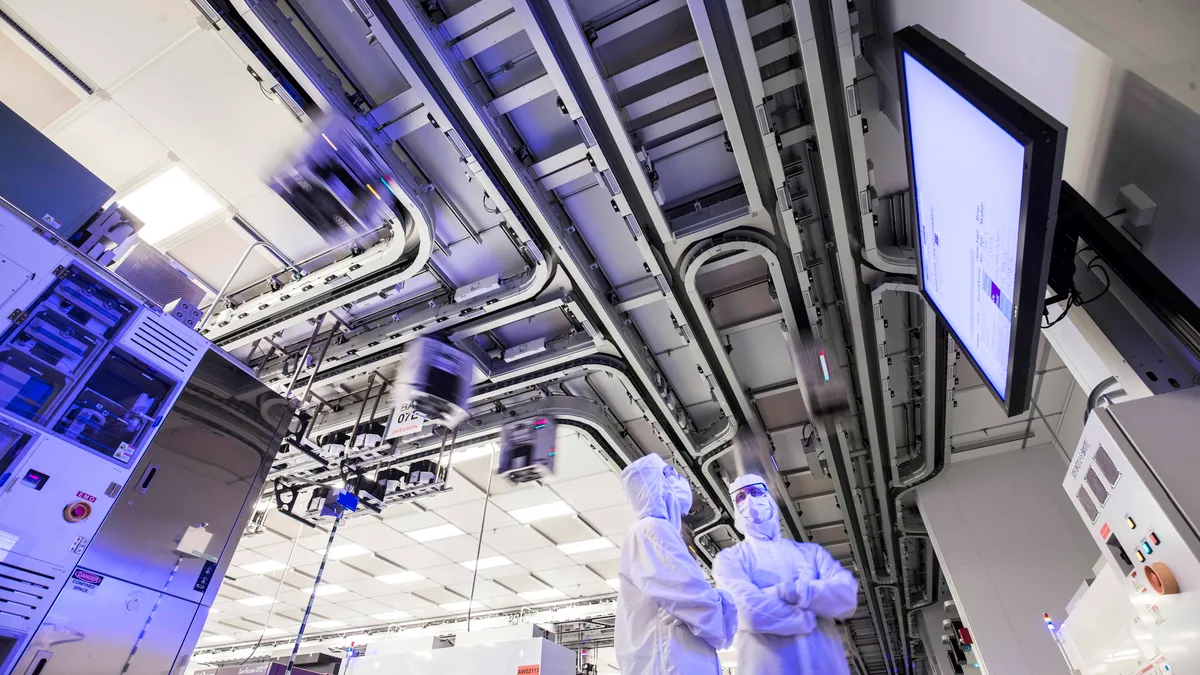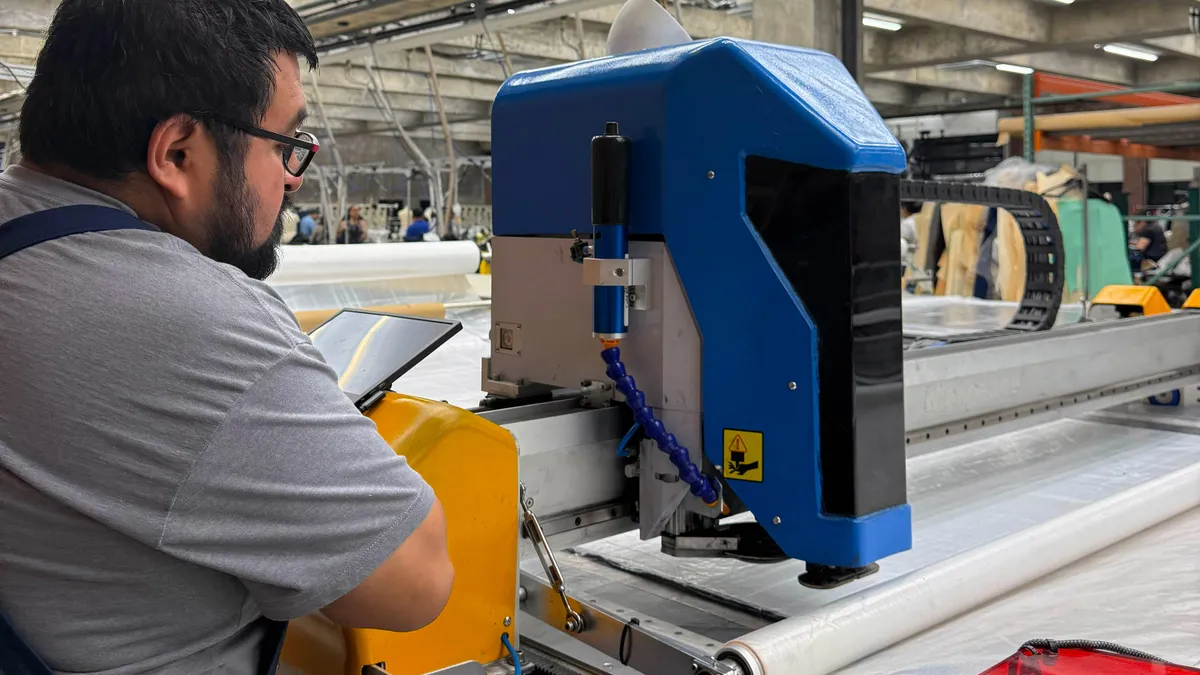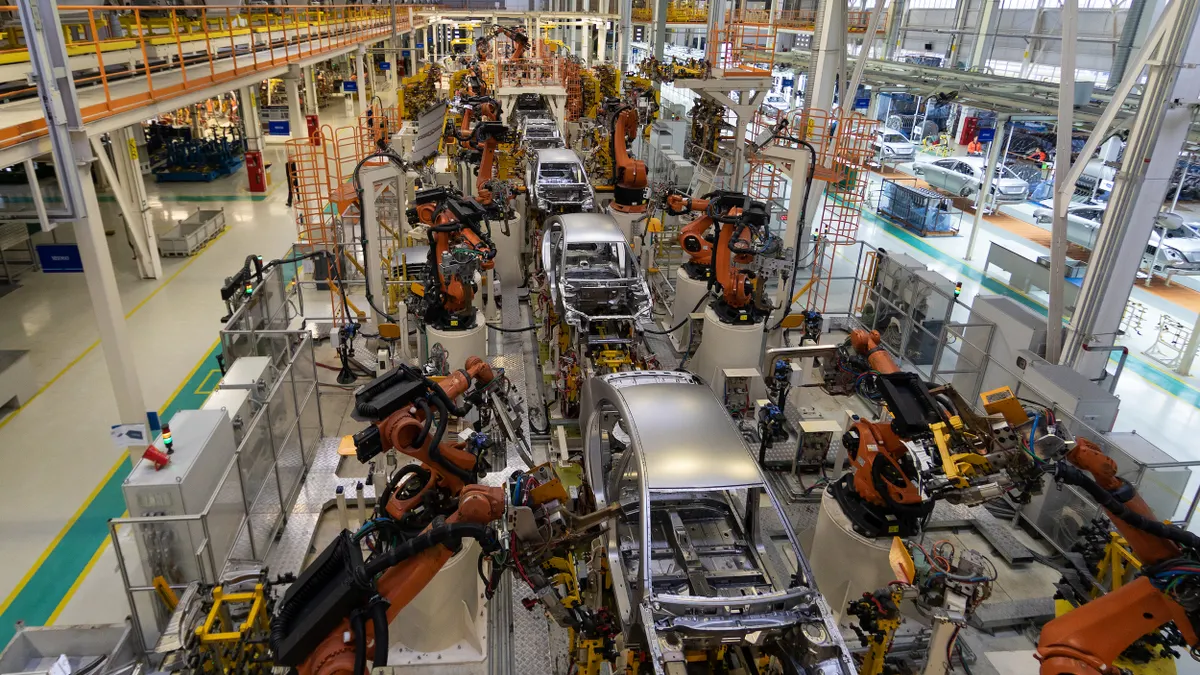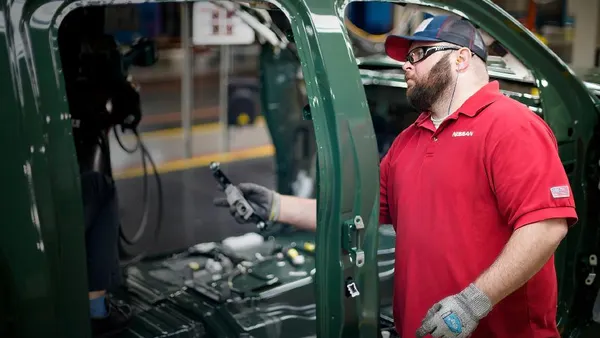Dive Brief:
- Chipmakers such as GlobalFoundries and Amkor are feeling financial pain as automotive companies pull back on orders amid a slowdown in electric vehicle growth, executives said during Q1 earnings calls.
- Amkor experienced some of the biggest declines, with a 22% year-over-year Q1 revenue plunge in its automotive and industrial business, President and CEO Giel Rutten said on an April 29 earnings call.
- GlobalFoundries' President and CEO Thomas Caulfield noted on a May 7 earnings call that while the company expects a period of “automotive demand moderation” this year, semiconductor applications in vehicles continue to grow overall, and the company is still forecasting to meet its full-year revenue guidance in the segment.
Dive Insight:
Many semiconductor manufacturers are hoping an automated and electric vehicle boom helps fuel industry growth, which saw an 11.1% decrease in revenue last year compared to 2022.
But slowing EV sales in recent months have dampened orders and left inventory backlogs growing. First quarter EV sales were down 15.2% compared to Q4 2023, according to Cox Automotive.
GlobalFoundries, which provides chips for navigation systems and image sensors for internal combustion and connected EVs, addressed the issue in a recent earnings call. The CEO noted that the uncertain demand environment had caused customers to draw down orders, leading to higher stock levels.
"There's a lot of talk about inventory in automotive growing. If you think about GF, last year was a really big ramp year for us where some of our design wins that were years in the making really started to ramp," Caulfield said.
The CEO added that particularly in automotive, customers want longer-term market certainty when they place orders, because they're signing supply agreements for between five and 10 years.
Amkor executives also cited "near-term inventory corrections" as reason for the drop in automotive revenue. Like other chipmakers though, Rutten reassured investors that the long-term demand for semiconductor applications in vehicles remains intact.
The two companies weren't alone in their quarterly woes. Tower Semiconductor, which produces chips for battery management applications, is experiencing "weak" demand in both battery and automotive segments, CEO Russell Ellwanger said on a May 9 earnings call.
While the state of automotive chip demand for the second half of the year is uncertain, chipmakers remain optimistic about an industry rebound spurred by greater demand balance, which executives say will help customers make long-term order commitments.
"What we're highly confident is that this is a business that will continue to grow not only in the out years, but this year and meaningful growth in the mid to high single-digits for us in 2024," Caulfield said on the GlobalFoundries call. "So we see the order book, and we see it in our business plans.”















